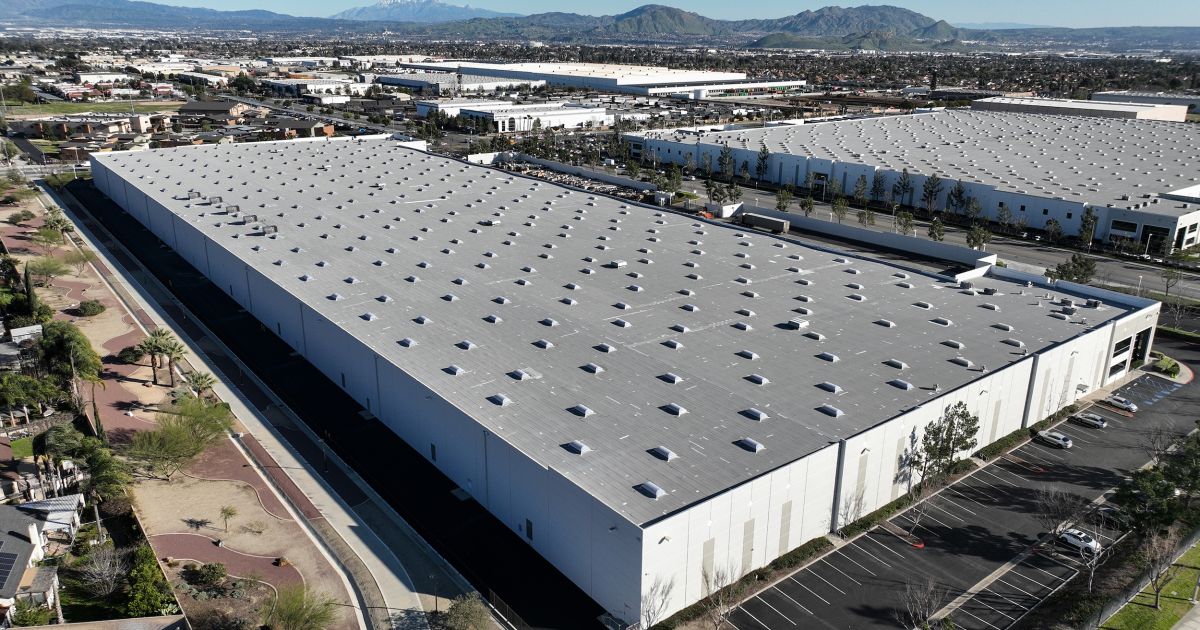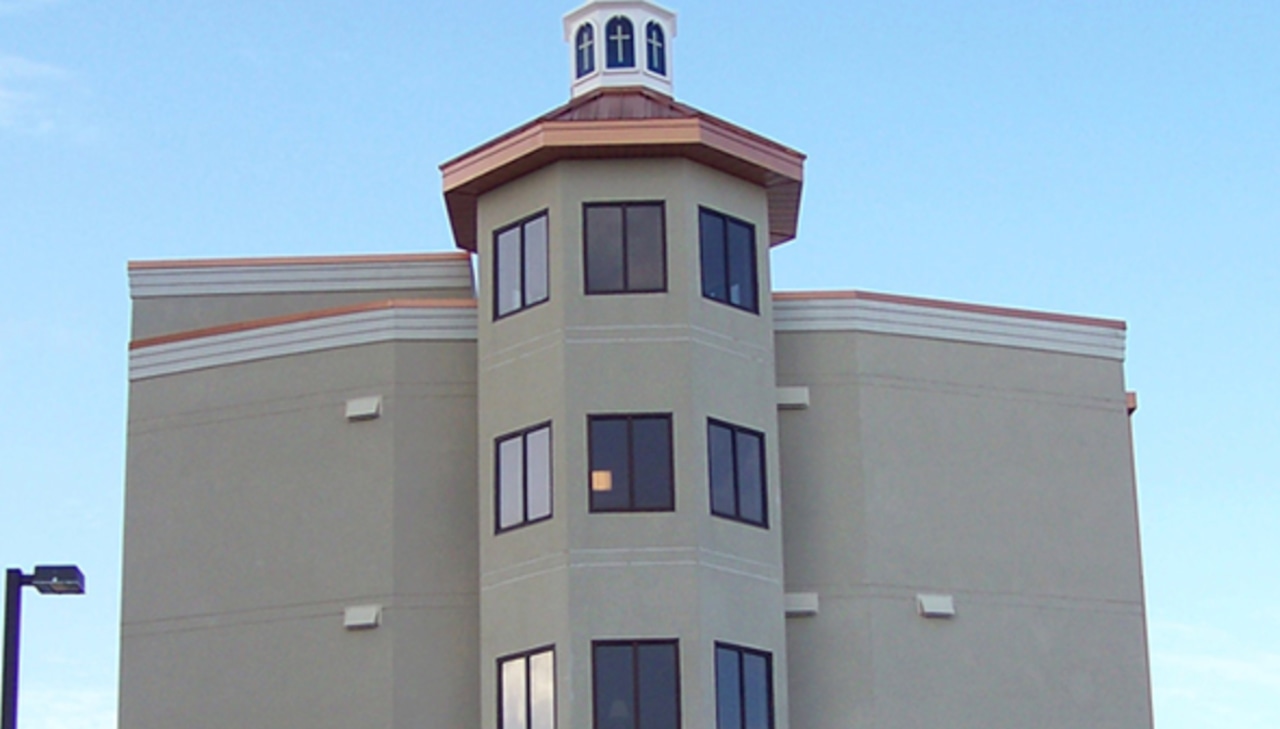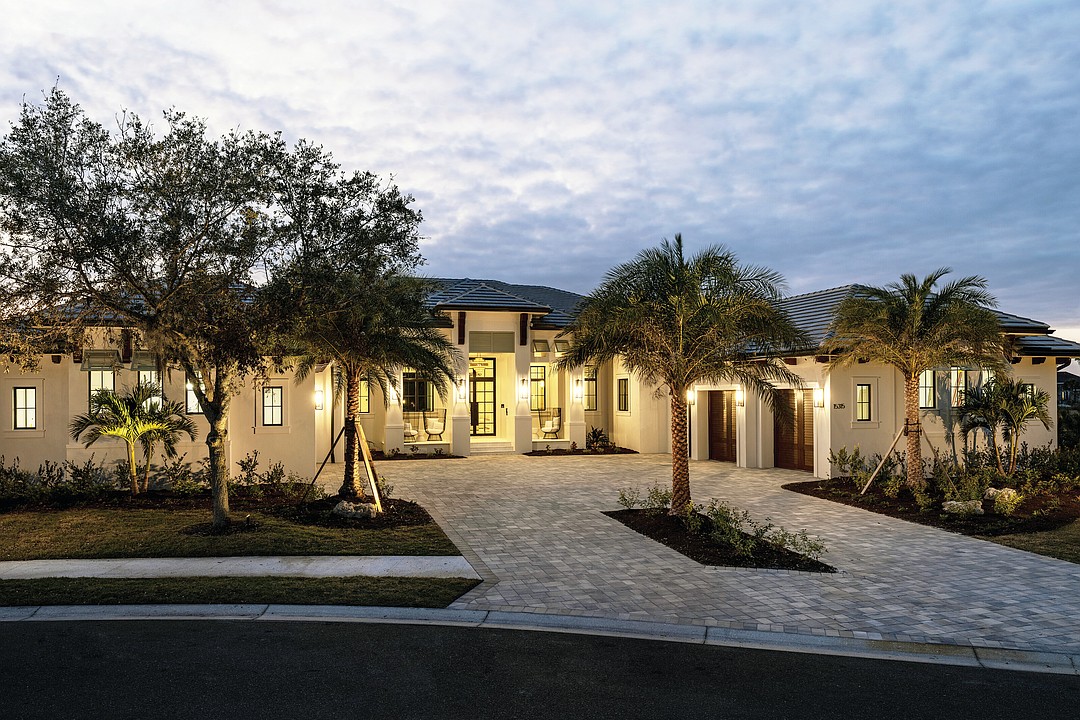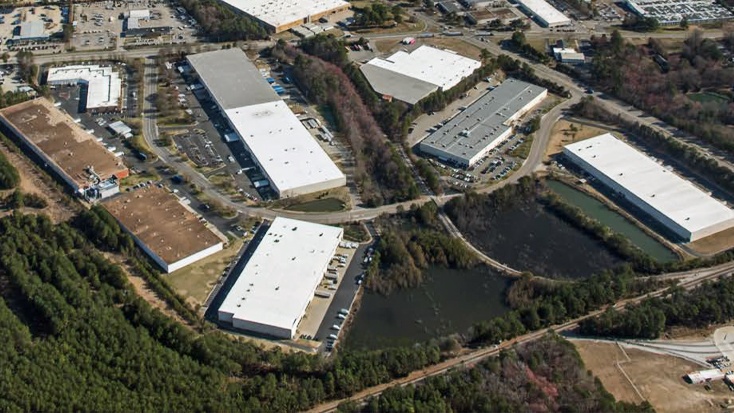W
iredScore, the worldwide authority on digital‑connectivity certification, has broadened its portfolio to include U.S. industrial and logistics real estate. The decision follows a sustained demand from industrial tenants for spaces that support advanced technology and reliable connectivity. John Meko, vice‑president of North America and global operations, explained that the firm conducted two years of research before entering the sector, engaging with leading owners, landlords, and developers to pinpoint the most critical needs for industrial occupiers.
The research revealed a common pain point: as industrial businesses adopt more technology to stay competitive, ensuring foundational and dependable connectivity becomes increasingly difficult. This mirrors WiredScore’s earlier experience in 2013 when it began rating office connectivity in New York City to attract tech firms, and again in 2019 when it entered the multifamily market, seeing a surge in demand during the COVID‑19 shift to remote work.
WiredScore’s first foray into industrial and logistics was a proof‑of‑concept launch in the U.K. and Europe in March, partnering with 28 major developers and landlords such as Hines, LaSalle Investment Management, Panattoni, Prologis, and Segro. These partners now use WiredScore’s international rating system to assess, improve, and promote digital connectivity and smart infrastructure—including internet service, mobile performance, sustainability technology, infrastructure setup, resilience, and future readiness.
Globally, the company serves 35 industrial clients, including U.S. firms like Trammell Crow. These clients span new construction and existing spaces, each with distinct digitalization requirements. Meko notes that new builds offer the best opportunity to embed foundational connectivity from the outset, while many U.S. owners are repositioning older assets to meet the demands of tech‑centric tenants such as advanced manufacturing, robotics, and third‑party logistics operators. The certification helps owners understand their current technology landscape and plan upgrades to attract and retain high‑tech tenants.
The U.S. industrial ecosystem is heavily driven by technology‑centric users. Advanced manufacturing, robotics, and logistics companies rely on hyper‑digital workflows, and owners must adapt to meet these expectations. Meko highlights that sustainability has become a tenant priority over the past decade, with electrification of fleets and the integration of EV charging becoming standard features. In the last five years, the Internet of Things has been woven into warehouse operations, enabling predictive maintenance, runtime analytics, and seamless integration with warehouse management systems.
Technology adoption in industrial real estate is rapid because tenants can see tangible ROI from investments that boost efficiency—think AI‑driven distribution centers. Additionally, technology is reshaping the physical environment of warehouses. Amazon’s recent focus on improving working conditions has prompted landlords to incorporate pre‑built office suites within warehouses, making digital connectivity a key differentiator for developers. Ensuring turnkey connectivity from day one is essential in a highly competitive market.
While data centers currently dominate the industrial market, WiredScore’s focus remains on warehousing, manufacturing, and third‑party and last‑mile logistics facilities. The firm’s expertise lies in helping owners upgrade and reposition these core asset classes to meet evolving tenant demands.
Philip Russo can be reached at [email protected].













